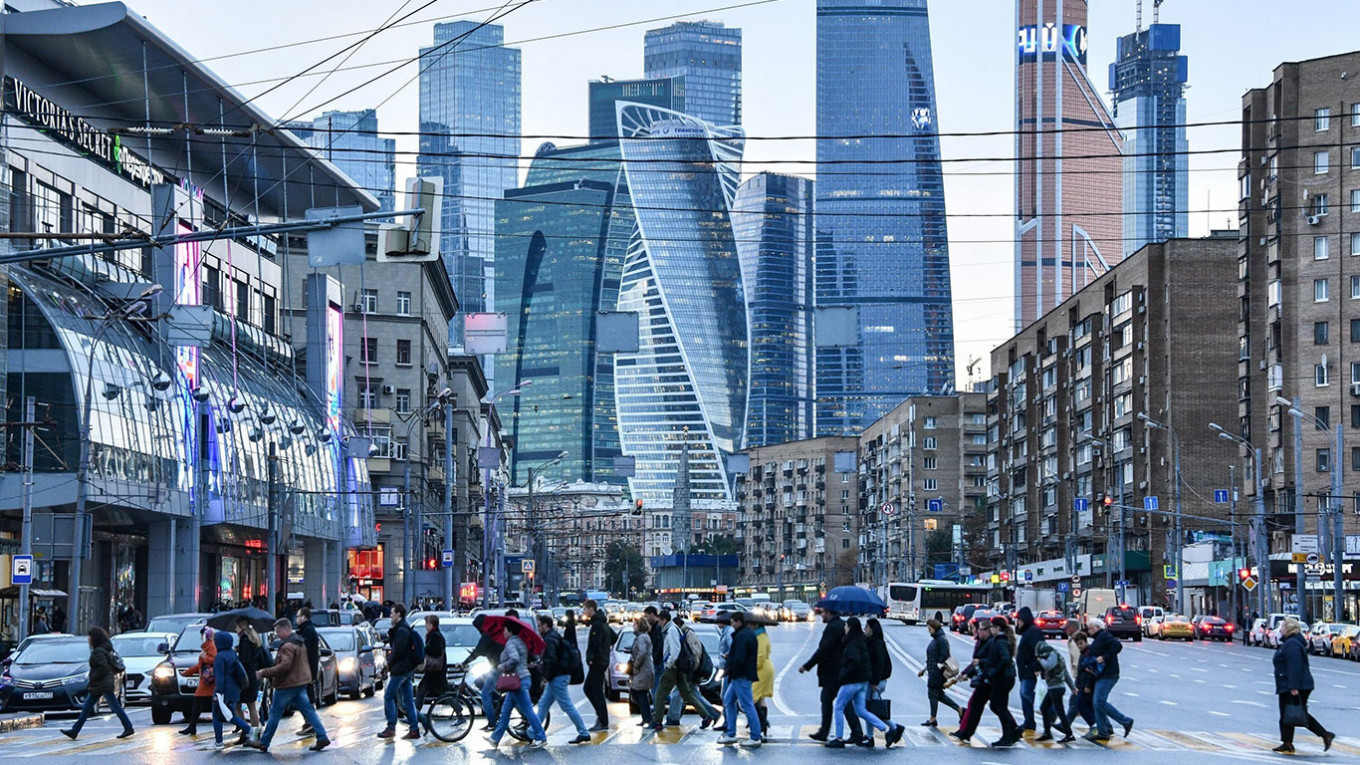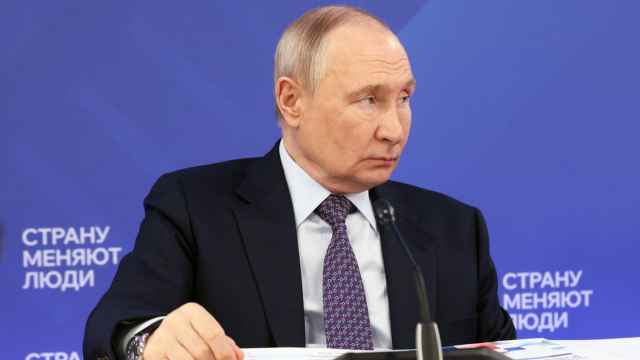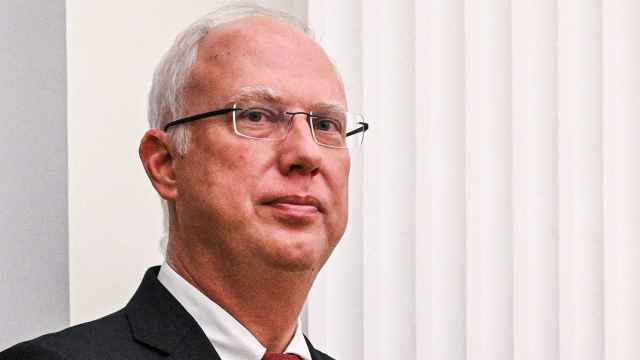Russian President Vladimir Putin on Monday banned residents from transferring money abroad as part of measures to prop up the ruble which has plummeted in value as a result of Western sanctions over Russia's invasion of Ukraine.
The dramatic step was introduced as part of an emergency package of measures to prop up Russia’s battered economy. It covers both companies and individuals, barring anybody from sending cash to a foreign account, and comes as the Russian economy was on the brink of an economic crisis.
The measure does not affect the servicing of foreign debt, the Central Bank said in a statement following the announcement. A ban on making debt repayments would qualify as a sovereign default.
Russia last defaulted on its debt in 1998 — an event which economic policymakers had vowed never to repeat.
“Putin is himself now cutting Russia off from international capital markets for a very long time. Russia’s financing costs will stay elevated for a long time — even the Chinese will not lend,” said analyst Timothy Ash, a specialist in Russian government debt.
The measures take effect from Tuesday and will increase the country’s economic isolation from the rest of the world. They were announced as the EU and Britain gave more details of sanctions to be slapped on Russia for its invasion of Ukraine, including a full ban on transacting with Russia’s Central Bank.
More than half of Russia’s international reserves could have been frozen as a result of the EU, U.S., Britain, Japan and Switzerland all restricting the Central Bank’s access to its assets in their jurisdictions.
A decree signed by Putin also said that exporters would be required to hold at least 80% of their revenue in rubles, following an earlier announcement by the Finance Ministry.
The package is some of the strictest currency controls Russia has seen in decades, rowing back years of economic liberalization that Putin himself had once championed.
It won support from some economists who said the regulator was left with few other options when faced with the worst financial crisis in a generation.
The Central Bank also banned foreigners from selling shares in Russian-listed companies and hiked interest rates to 20% on Monday in other moves designed to prop up the struggling currency.
AFP contributed reporting.
A Message from The Moscow Times:
Dear readers,
We are facing unprecedented challenges. Russia's Prosecutor General's Office has designated The Moscow Times as an "undesirable" organization, criminalizing our work and putting our staff at risk of prosecution. This follows our earlier unjust labeling as a "foreign agent."
These actions are direct attempts to silence independent journalism in Russia. The authorities claim our work "discredits the decisions of the Russian leadership." We see things differently: we strive to provide accurate, unbiased reporting on Russia.
We, the journalists of The Moscow Times, refuse to be silenced. But to continue our work, we need your help.
Your support, no matter how small, makes a world of difference. If you can, please support us monthly starting from just $2. It's quick to set up, and every contribution makes a significant impact.
By supporting The Moscow Times, you're defending open, independent journalism in the face of repression. Thank you for standing with us.
Remind me later.






